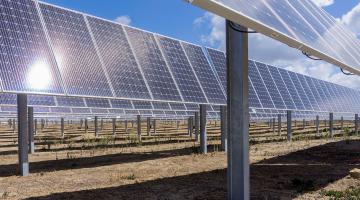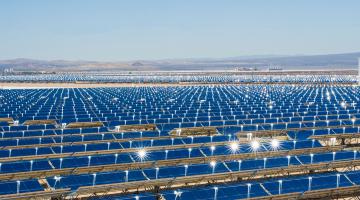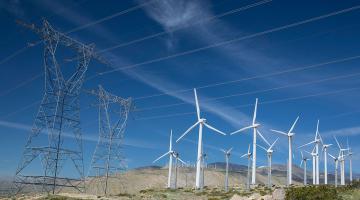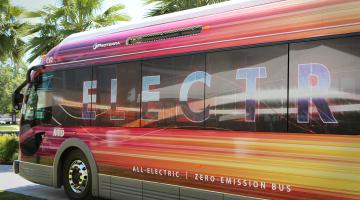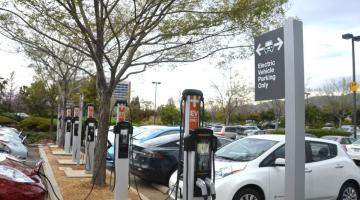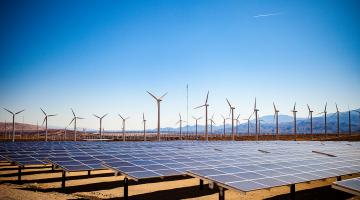About the California Energy Commission
As the state’s primary energy policy and planning agency, the California Energy Commission plays a critical role in creating the energy system of the future—one that is clean, is modern, and ensures the fifth largest economy in the world continues to thrive.
California has some of the most ambitious climate and energy goals in the world. Achieving these goals while ensuring the state’s energy systems remain accessible, reliable, safe, and affordable requires thoughtful planning and the identification of policy solutions to some of today’s toughest challenges.
Energy efficiency means doing more with less. By leveraging technology to meet consumer needs while using less energy, California is reducing the need for new electricity generation, which reduces air pollution and saves consumers money.
Investing in Energy Innovation
Technology innovation in California is needed to create a modern energy system that can power the world’s fifth largest economy in ways that are cleaner, safer, more affordable, and more reliable.
California is recognized worldwide for transitioning its electricity system to one that relies increasingly on clean sources of energy, such as solar, wind, and geothermal. California has even established a 100 percent zero-carbon energy-planning goal by 2045.
California’s transportation sector accounts for about 50 percent of the state’s greenhouse gas emissions, nearly 80 percent of nitrogen oxide pollution, and 90 percent of diesel particulate matter pollution. Transitioning the transportation sector to low-carbon fuels and zero- and near-zero-emission technologies is critical to achieving climate change goals and clean air standards.
Overseeing Energy Infrastructure
A key part of creating a safe and reliable electric system is ensuring that the review of proposed thermal power plants includes an assessment of the project design, an analysis of the related potential adverse environmental impacts, and a process for public input. The California Energy Commission is responsible for conducting this review and ensuring that these permitted power plants comply with all laws and conditions of approval.
Preparing for Energy Emergencies
The California Energy Commission, in its role as the state’s primary energy policy and planning agency, supports emergency response efforts by serving as a central source of credible and timely information on emergency impacts to the state’s energy infrastructure.



